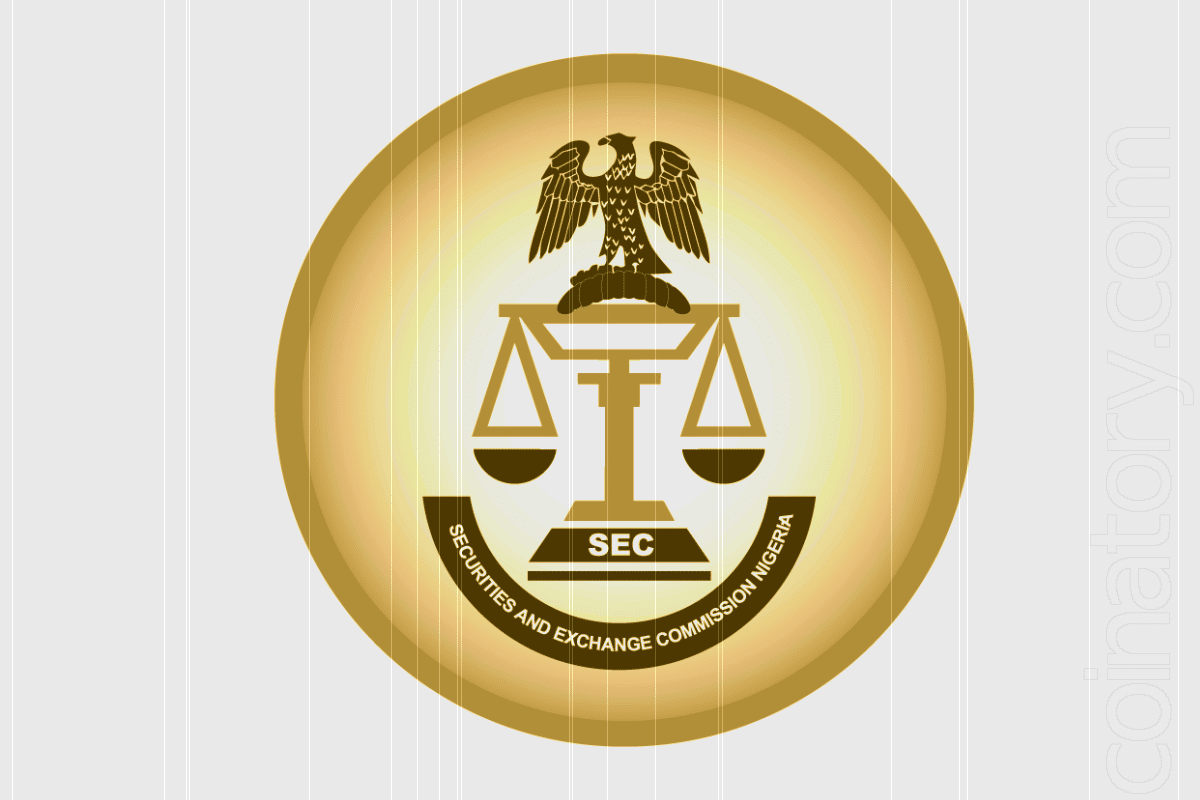
Nigeria’s financial regulatory body, the Securities and Exchange Commission (SEC), has put forth a proposal to substantially increase the registration fees for cryptocurrency exchanges within the country. This proposed revision would escalate the fee from its current rate of 30 million naira (around $18,620) to 150 million naira ($93,000), marking a significant uptick as part of an effort to strengthen the oversight of digital asset service providers.
In a move towards creating a more transparent and well-defined regulatory landscape for cryptocurrency services, the SEC is looking to incorporate insights from industry participants. This initiative follows recent consultations with the Central Bank of Nigeria (CBN).
Originally, the Nigerian SEC laid out its rules and guidelines for entities dealing with crypto and digital assets in May 2022. Nevertheless, on March 15, 2024, the commission unveiled plans to update these regulations.
Key among the planned revisions is the elevation of application fees for platforms involved in digital assets exchange, offerings, and custody from 100,000 naira ($62) to 300,000 naira ($186), and a surge in the registration processing fee from 300,000 naira ($186) to 1 million naira ($620), indicating a substantial 234% hike.
Additionally, the amendment proposes a rebranding of the rules to more accurately reflect the scope of digital assets regulation, transitioning from “New Rules on Issuance, Offering Platforms and Custody of Digital Assets” to “Rules on Digital Assets Issuance, Offering Platforms, Exchange, and Custody.”
On a different note, the arrest of Tigran Gambaryan, a U.S. citizen and the leader of Binance’s crypto exchange criminal investigations team, by Nigerian authorities since February 26, 2024, without official charges, has sparked international concern. Allegations suggest that Gambaryan, alongside a colleague, was enticed to Nigeria under deceptive circumstances and then detained by armed individuals. Their ongoing detention in an undisclosed location, with passports seized, has fueled speculation about a government-led strategy to extract a hefty ransom from Binance.
This incident, characterized by unclear charges and the denial of legal representation, has been criticized for undermining the legitimacy of the detention process. Moreover, it has potential repercussions for diplomatic relations between Nigeria and the United States, which contributes over $1 billion in foreign aid to Nigeria annually, as it challenges established international legal standards.







